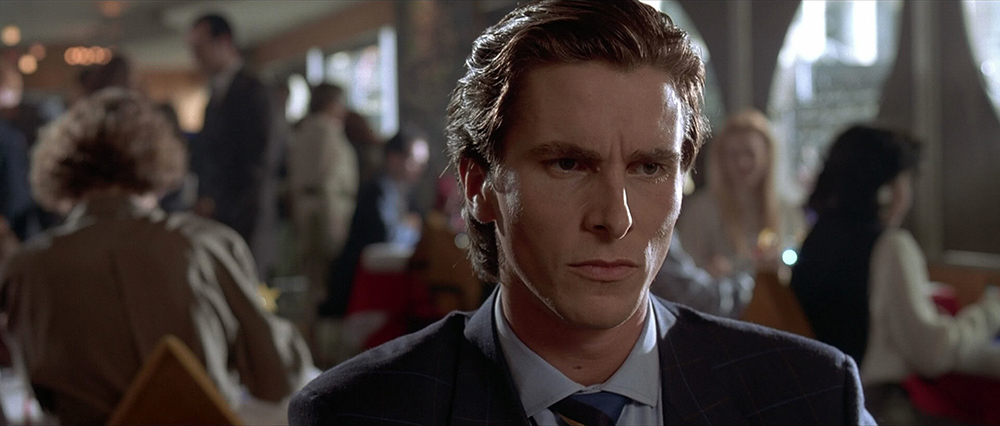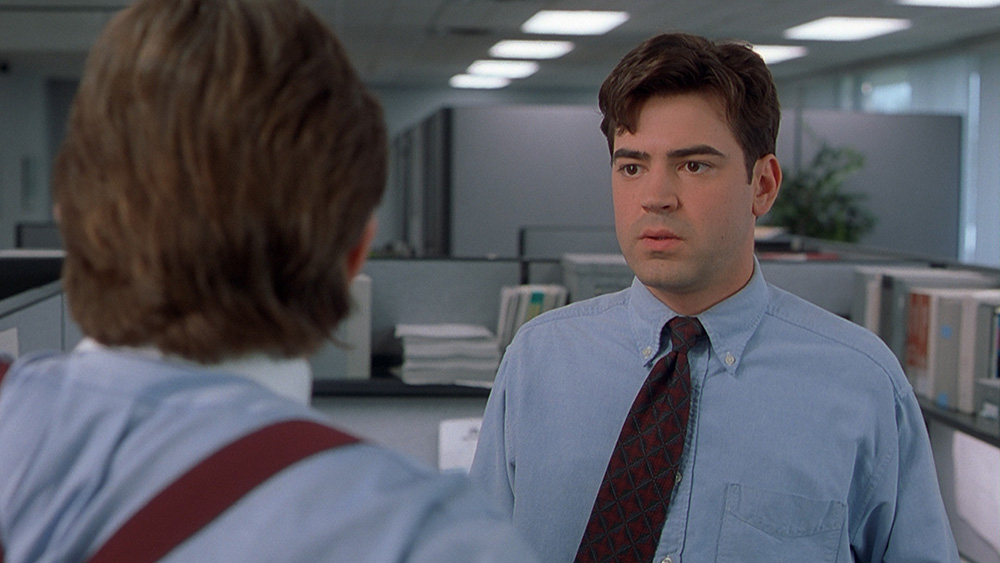Moral Mazes: The Pathology of Bureaucracy
I recently finished Robert Jackall’s Moral Mazes: The World of Corporate Managers, a book which focuses on the workings of the corporate environment, but has learnings that extend to the nature of bureaucracies in general. I was interested in it not only because it was one of Aaron Swartz’s favorite books but also because bureaucracy is an integral part of our social order, and whatever behaviors are cultivated there almost certainly find their way into our daily lives. With the “revolving door” that is characteristic of modern politics, there’s a great deal of shoulder-rubbing between the political and corporate domains, and as such the latter culture influences the former. To put it another way, for many Americans the world of corporate politics comes to define the social reality of their entire life. Understanding it, then, seems crucial to understanding our modern society.
At its broadest, Moral Mazes dismantles notions that meritocracy actually exists and dispels the mythos of hard work having any meaning in a corporation. Success in a company, according to Jackall, is accomplished almost exclusively through politics. The formation of relationships such as alliances and patronage arrangements (having a higher-up look out for your career) are critical to success. It isn’t that numbers don’t matter, but rather: whatever hard work an individual accomplishes, and whatever fruits (or harm) might come as a result, matter little for that individual since blame and credit are shifted and appropriated by those with more clout.
Because of this structure, managing social relationships amongst co-workers, superiors, and even subordinates (since you never know who might be your boss tomorrow) becomes of the utmost importance. The maintenance of these relationships is accomplished through a deeply nuanced etiquette - protecting those in your alliances, knowing how to be a “team player” and understanding the subtle expectations in such a role, and so on. A strange sort of information asymmetry can come into play here, where being “kept in the dark” can be an unnerving and hostile tactic, but at the same time, there is the expectation that superiors be spared from details in order to absolve them of responsibility should things go wrong (130). The result of these complex social relationships is that the strategic presentation of self is crucial to success.
There is an unceasing evaluation of peers, assessing both their capacity for the moral compromise which is often necessary in such environments (“moral fitness”) and their position within the social hierarchy of the organization (13). At the same time, individuals are always looking to each other for social cues, to keep a grasp on the current form of the social order, which may arbitrarily shift according to the arrangement of superiors at the top of the company. This unstable landscape creates an environment of inexorable anxiety and uncertainty, which is further intensified by the contradictory facade of workplace harmony: “[these] ongoing conflicts are usually hidden behind the comfortable and benign social ambiance that most American corporations fashion for their white-collar personnel.” (39)
Many of these aspects of corporate bureaucracy contribute to expediency being the primary mode of problem-solving. That is, quick solutions that disregard externalities or other potentially harmful long-term effects. We see this approach manifest in attitudes that have become characteristic of the large corporation, such as a flippancy towards environmental concerns. The nature of promotions exacerbate this emphasis on short-term solutions. There is a practice of “outrunning mistakes”, where one is promoted to a different position before any damaging long-term effects of one’s decisions come to a head (95). The onus falls on someone else, and it’s hard to cultivate accountability when no one’s around long enough to be held accountable.
In order to rationalize such expedient actions against criticism (or to preempt it), both within the corporation and to the public, “vocabularies of justification” are used (14). Public relations may be used to make controversial actions more palpable, which may be especially effective through the particularly devious practice of establishing “fronts” - official-sounding institutions which present themselves as legitimate, unbiased scientific authorities or representatives of small business owners, when in fact they are more often than not organized and funded by a few large corporations.
These vocabularies are extensively used within the corporation to discuss decisions, strategies, and so on. Their opaqueness and ambiguity further aggravate the social anxiety and uncertainty of the workplace. But one must present oneself in such a way that communicates a mastery of this language.
Because success in the corporate world is accomplished primarily through means of self-presentation, those who seek such success are constantly re-evaluating themselves and mutating their values and morals as necessary, so that they appear flexible enough for the expediency that bureaucracy requires. This requires the “object[ification] of the self with the same kind of calculating functional rationality that one brings to the packaging of any commodity”, which Jackall refers to as “psychic asceticism” (218). And here the book concludes rather tragically, ending with a description on how the frustration of self-compromise such objectification requires bleeds into a manager’s home life:
On the other hand, over a period of time, psychic asceticism creates a curious sense of guilt, heightened as it happens by narcissistic self-preoccupation. Such guilt, a regret at sustained self-abnegation and deprivation, finds expression principally in one’s private emotional life. One drinks too much; one is subject to pencil-snapping fits of alternating anxiety, depression, rage, and self-disgust for willingly submitting oneself to the knowing and not knowing, to the constant containment of anger, to the keeping quiet, to the knuckling under that are all inevitable in bureaucratic life. One experiences great tensions at home because one’s spouse is unable to grasp or unable to tolerate the endless review of the social world of the workplace, the rehearsals of upcoming conversations, or the agonizing over real or imagined social slights or perceptions of shifts in power alignments. One wishes that one had spent more time with one’s children when they were small so that one could grasp the meanings of their adolescent traumas. Or one withdraws emotionally from one’s family and, with alternating fascination and regret, plunges ever deeper into the dense and intimate relationships of organizational circles where emotional aridity signals a kind of fraternity of expediency. Many try at times to escape the guilt with Walter Mitty-like fantasies of insouciant rebellion and vengeful retaliation; but one knows that only if and when one rises to high position in a bureaucratic hierarchy does one have the opportunity to turn the pain of self-repression against one’s fellows. (218)
I have been fortunate enough to work in “flat” organizations that manage to avoid the more rigid hierarchies. But that isn’t to say there are none. It seems that bureaucracy inevitably emerges, in some form, in any large organization of people - but is it equally inevitable that it be such a destructive force? Are there ways to design its workings to avoid these more harmful consequences?
Jackall, Robert. Moral Mazes: The World of Corporate Managers (Twentieth Anniversary Edition). New York: Oxford University Press, 2010.


